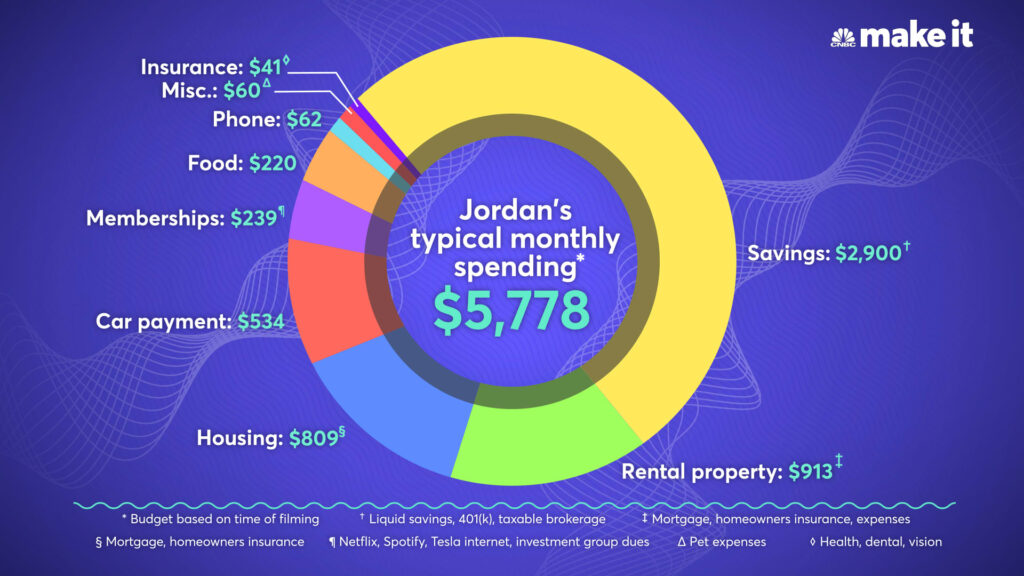United States Postal Service employee Jordan Myers made serious bank raking in $90,000 last year, according to CNBC.
Myers resides in Memphis, Tennessee, and earns a base pay of $41,000 per year. With the addition of overtime, he was able to increase his salary to $90,000, Myers told CNBC.
On an average workday, he can clock in 13 hours, including walking 14 miles to deliver mail to approximately 500 houses per day. Myers is not averse to hard work and practices having a positive mindset.
“Everything is mental,” he explained. “If you have the mindset and the drive to do something, I feel like you can really break through a lot of barriers.”
He willingly works about five hours of overtime per day during business hours per week and volunteers to do extra hours over the weekend.
“I don’t think of it as hard,” he said. “I think about what I can do and what I’m trying to accomplish.”
His overtime hours bumped his base salary up considerably. “The biggest thing that people don’t realize as a mail carrier is how much work you actually do,” he explained. “A lot of people say it’s easy because you’re just walking, and they only see you [for] maybe five minutes here and there, every other day.”
Myers recalled the onset of the pandemic and how the mail piled up because other employees were fearful of the virus. He used the lack of available labor force to earn $78,000 in 2020. He endured “endless walking [for] around 20 miles a day.”
His increased income made him more knowledgeable about managing his finances. As a married man with a young son, he knows it is important to maintain a household budget.
For budgeting, he works with his wife, Jalyn, to distribute funds to cover food, housing, car payments, memberships, phone, insurance, and pet care, according to CNBC.
Myers and Jalyn split the household bills and expenses. However, his wife’s income is significantly less than her husband’s, she pays for child care, groceries, car insurance, Wi-Fi, and utilities. Myers pays the remaining bills and has addition income through his rental property, which nets $4,500 per year.

“I do bring in more money,” said Myers, “but we’re equal because she does have to work to take care of [our] son more, and if she didn’t, I wouldn’t be able to work the hours I work, so I wouldn’t make the money I make.”
